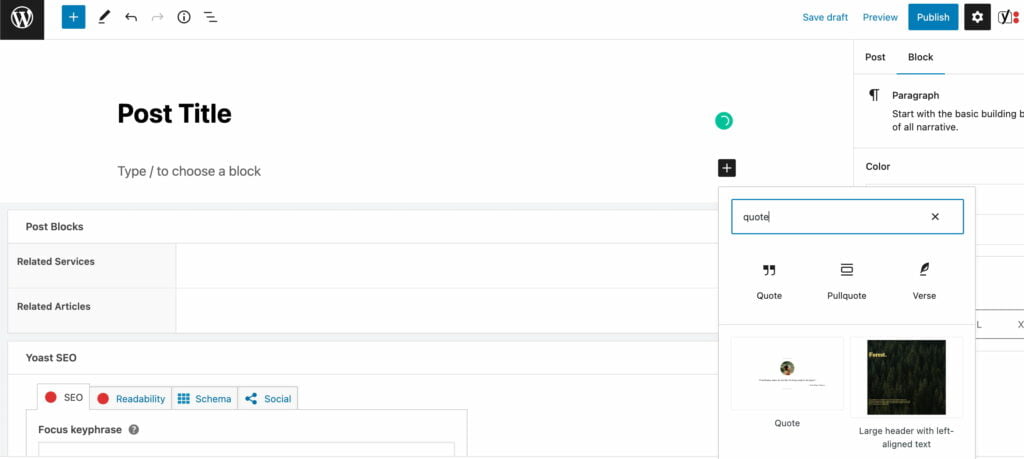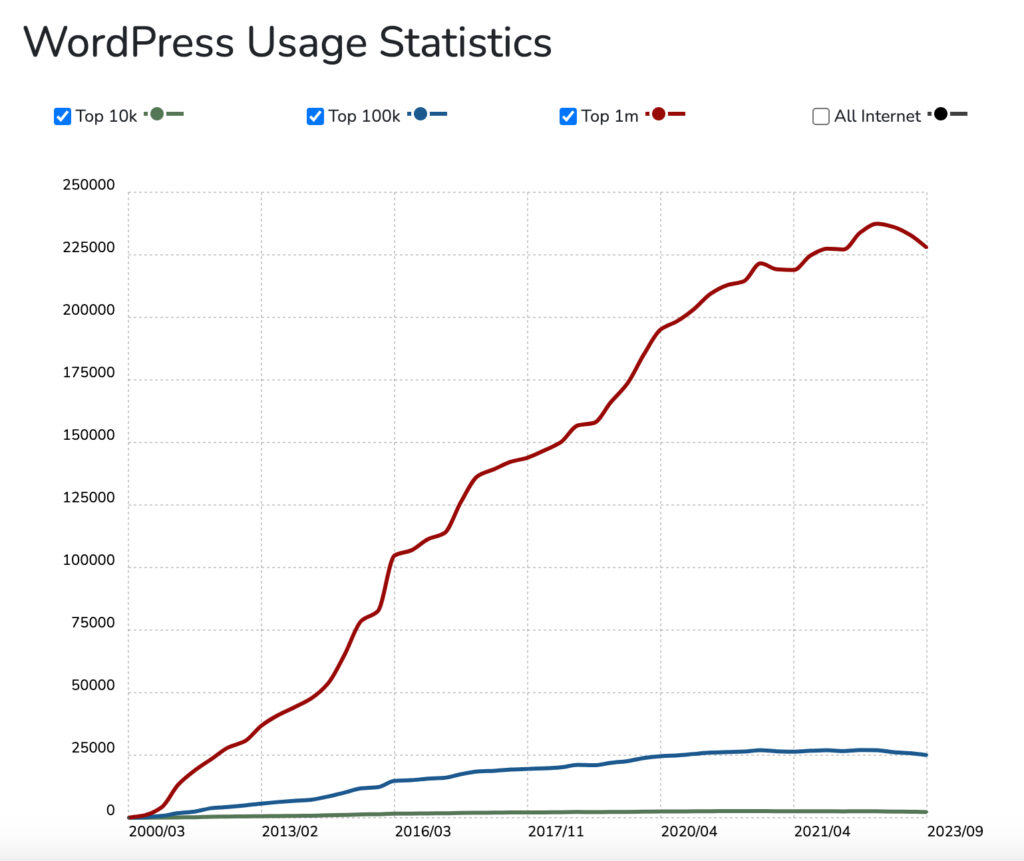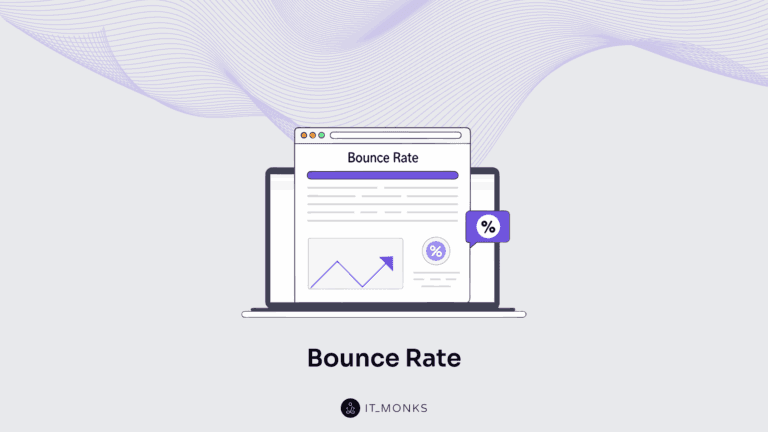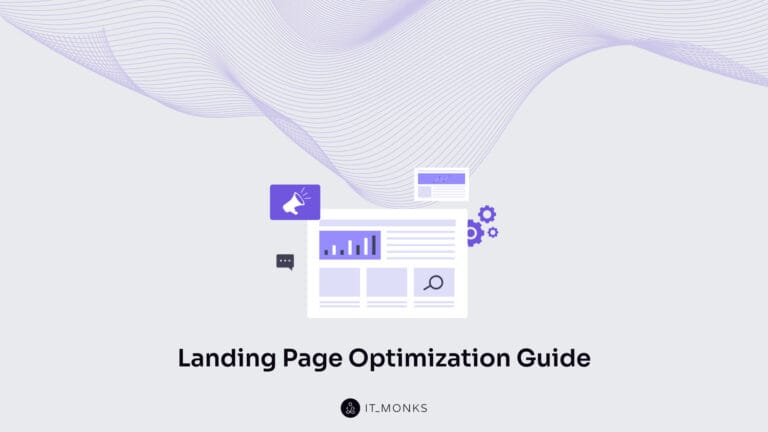Decoding the Debate: Is WordPress a CMS?
Table of Contents

Is WordPress a CMS or not? The great debate continues to intrigue tech enthusiasts and entrepreneurs alike. As businesses navigate the digital landscape, understanding the pivotal role of content management systems (CMS) becomes increasingly crucial. That’s where WordPress comes into play – a platform renowned for its versatility and user-friendly interface. But is it truly a CMS?
What Is CMS?
Let’s begin discussing “Is WordPress a CMS?” with the CMS meaning.
A content management system (CMS) is a software application that allows users to create, manage, and modify content on a website without specialized technical knowledge. It provides a user-friendly interface that simplifies the process of content creation and publication. CMS platforms typically include content editing, version control, and workflow management, enabling multiple users to collaborate on content creation and website maintenance.

Is WordPress a CMS system? A short answer is yes.
WordPress has evolved from its origins as a blogging platform to become one of the world’s most widely used CMS platforms. Its intuitive interface and extensive plugin ecosystem make it a popular choice for businesses and individuals looking to manage their online presence effectively. With its robust content management capabilities, WordPress has garnered a reputation as a versatile tool for building and maintaining websites of all types and sizes.
According to the stats provided by BuiltWith, more than 63 million websites worldwide are built with WordPress, with the US, Germany, and the UK listed at the top of the list of countries where WordPress has the biggest demand.

WordPress Role in Website Management
WordPress plays a pivotal role in website management by providing a comprehensive suite of tools and features for content creation, organization, and publication. It empowers users to create and customize websites without extensive technical expertise, making it accessible to many users. From simple blogs to complex e-commerce sites, WordPress offers a flexible and scalable platform for managing online content.
The platform’s user-friendly dashboard, customizable themes, and extensive plugin library enable users to tailor their websites to meet specific needs and objectives. Exploring custom WordPress development is a valuable option for those seeking unique solutions beyond the platform’s standard offerings. Partnering with experienced teams, such as IT Monks, can provide insights into crafting specialized websites that cater to specific requirements.
With built-in features for content scheduling, media management, and user permissions, WordPress facilitates efficient website management and content governance. Whether used by individuals, small businesses, or large enterprises, WordPress is a reliable and adaptable tool for content management and website administration.
WordPress as a CMS Key Features
WordPress encompasses a rich array of features that align with the core functionalities of traditional CMS platforms. Its intuitive content editor allows users to create and format content seamlessly, supporting multimedia elements such as images, videos, and embedded media. The built-in media library simplifies the organization and management of digital assets, enhancing the overall content management experience.
In addition to content creation and organization, WordPress offers robust capabilities for user management and role-based access control. Administrators can define user roles and permissions to govern content creation, editing, and publishing activities, ensuring a structured and secure content management environment. Furthermore, WordPress supports content revision history, enabling users to track and revert to previous versions of content, promoting content governance and editorial oversight.
Advantages of Using WordPress as a CMS
Using WordPress as a CMS confers several advantages to website owners and content managers. Its open-source nature and extensive community support foster a vibrant ecosystem of themes, plugins, and resources, empowering users to customize and extend the platform to suit their specific requirements. This flexibility and extensibility make WordPress a versatile solution for addressing diverse content management needs.
Moreover, WordPress boasts robust search engine optimization (SEO) capabilities, with features such as customizable permalinks, meta tags, and XML sitemaps that facilitate optimizing web content for improved visibility and discoverability. The platform’s responsive design principles and mobile-friendly features enhance user experience and accessibility, aligning with modern web standards and best practices for content delivery.
Dissecting the Debate: Is WordPress a CMS?
The debate surrounding WordPress as a CMS stems from varying interpretations of what constitutes a traditional CMS. While some purists argue that WordPress deviates from the conventional definition of a CMS, citing its origins as a blogging tool and its perceived limitations in enterprise-grade content management, proponents assert that its evolution and feature set firmly position it within the CMS category.
A critical analysis of WordPress reveals that it encompasses the fundamental attributes of a CMS, including content creation, organization, publication, user management, and administrative controls. Its extensibility through plugins and themes and widespread adoption across diverse industries underscores its efficacy as a content management solution. While acknowledging its historical roots, the contemporary iteration of WordPress aligns closely with the expectations and requirements of modern CMS platforms.
WordPress vs Other CMS Platforms
WordPress competes with a myriad of alternatives in the landscape of CMS platforms, each offering distinct features and capabilities. Platforms like Drupal and Joomla emphasize enterprise-level content management and customization, catering to complex and scalable website requirements. Meanwhile, proprietary CMS solutions like Adobe Experience Manager and Sitecore target enterprise clients with comprehensive digital experience management functionalities.
WordPress distinguishes itself by prioritizing user-friendliness, accessibility, and a vast ecosystem of plugins and themes that cater to diverse use cases. Its emphasis on simplicity and versatility makes it an appealing option for individuals and organizations seeking an intuitive and cost-effective CMS solution. While other platforms may excel in specific enterprise contexts, WordPress can democratize content management for users of all skill levels.
WordPress as a Powerful Website Building Tool
Beyond its role as a content management system, WordPress serves as a powerful tool for website creation and development. Its extensive library of themes and templates enables users to craft visually appealing and functional websites without extensive coding or design expertise. From basic blogs to sophisticated e-commerce sites, WordPress offers a range of design options to suit diverse aesthetic preferences and business objectives.
The platform’s plugin architecture further enhances its website-building capabilities, allowing users to seamlessly integrate additional features and functionality. Whether implementing e-commerce solutions, membership portals, or multimedia galleries, WordPress plugins provide a wealth of options for expanding website functionality without requiring custom development. This adaptability and ease of customization make WordPress a compelling choice for website building and digital presence management.
WordPress Potential for Content Management
WordPress’s potential as a content management system extends beyond basic website administration, encompassing a wide spectrum of content-related activities. Content creators can leverage the platform’s intuitive editor and media management tools to craft engaging and visually compelling content, catering to diverse audience preferences and consumption habits. The platform’s support for multimedia content and rich media formats facilitates immersive storytelling and interactive user experiences.
Furthermore, WordPress facilitates content distribution and syndication through its built-in RSS feed functionality, enabling users to reach and engage with audiences across diverse channels and platforms. Its support for social media integration and content sharing amplifies the reach and impact of published content, fostering a cohesive content distribution strategy. Businesses and individuals can cultivate a dynamic and engaging online presence by leveraging WordPress’s content management features.
WordPress as a CMS Limitations
While WordPress offers many features and benefits as a content management system, it has limitations. Critics often highlight security vulnerabilities, performance optimization, and scalability concerns, particularly in enterprise-scale deployments. Mitigating these concerns requires proactive measures such as regular updates, robust security protocols, and strategic hosting and infrastructure choices.
WordPress’s extensive customization options and plugin ecosystem can introduce complexity and maintenance challenges, necessitating careful planning and management to ensure a stable and efficient content management environment. As businesses scale and their content management requirements evolve, strategic evaluation of WordPress’s suitability in addressing advanced enterprise needs becomes essential. Understanding the platform’s limitations empowers users to make informed decisions and implement mitigating strategies effectively.
Conclusion
After we have found the answer to the question, “Is WordPress a CMS?” let’s unveil its full potential for your web project. At IT Monks, we are experts at bringing innovation and exceptional functionality to your website through custom WordPress development solutions. Whether you want to enhance user experience, implement specialized features, or optimize performance, our dedicated team has the expertise to tailor your WordPress site perfectly. Do you feel like your website needs a unique touch? Contact IT Monks today to explore the possibilities of custom WordPress development and elevate your online presence with a personalized touch.
Contact
Don't like forms?
Shoot us an email at [email protected]



